MYTHOLOGY 101
FROM GODS AND GODDESSES TO MONSTERS AND MORTALS, YOUR GUIDE TO ANCIENT MYTHOLOGY
KATHLEEN SEARS

Avon, Massachusetts
INTRODUCTION
Many years have passed since the Greeks and Romans worshiped the gods and goddesses of Mount Olympuscenturies, in fact. The ancient characters you may have heard of before, like mighty Zeus, monstrous Medusa, and seductive Aphrodite, originate from myths dating back to 900 B.C. So why study mythology today? In short, classical mythology has impacted history, literature, culture, and life across the Western world and beyond; truly, it has shaped the ancient world and the modern world, and continues to impact contemporary life today. For example, the language you speak has been impacted by classical mythology: Conceited people are narcissists; your enemys weakness is his Achilles heel; you may have experienced a dreamlike state of hypnosis; and youve used an atlas to gaze at the world. The months of the year trace their names to Roman mythology; the constellations have their origins in myth, too. Some of the worlds most famous writers and philosophers detailed the quarrels of the gods and the lives of men, including Homer, Sophocles, Virgil, and Ovid. This list may be impressive, but it merely scratches the surface of what classical mythology has to offer.
The ancient Greeks and Romans used myths to explain the wonders of the world, including the rise of humanity, the causes of natural phenomena, and the origin of the Earth and the universe. Myths not only shared stories of creationthey wove narratives of love, betrayal, war, lust, jealousy, loyalty, and tragedy across many centuries, told through tales of mighty gods, noble heroes, and terrifying monsters. And the myths arent limited to the tales of gods of men alone. Youll discover some of the most creative beings ever recorded in history, including the aggressive Centaurs, half man and half horse; the irresistible Sirens, luring wayward sailors to their deaths; and the original monsters, like the Minotaur, the Sphinx, the Chimera, and the Cyclopes. You will also find the stories behind some of historys most famous adventures and battles, including the Trojan War, Odysseuss epic journey, and Oedipuss tragic life story. Plus, youll meet the most popular gods and goddesses in Greek mythology (and their Roman counterparts), including war-loving Ares, wise Athena, jealous Hera, elusive Hades, furious Poseidon, and their heroic mortal counterparts, like Jason, Perseus, Heracles, and Theseus.
Mythology 101 will guide you through the most glorious (and completely terrifying) tales the ancient world had to offer. And dont worry; weve highlighted the Greek and Roman myths with their own icons,  and
and  , so youll know the exact origins of every account. In addition, youll find family trees for the Greek and Roman gods, so you can easily remember the whos who of the ancient world. No matter what type of story you enjoy mostromance, adventure, mystery, horrorthese ancient legends will have something for all your interests. Whether youre new to the gods and want to learn more about their stories, supplementing a literature or history course, or brushing up on what you learned in high school, this fun and comprehensive guide to gods is the perfect introduction to Greek and Roman mythology.
, so youll know the exact origins of every account. In addition, youll find family trees for the Greek and Roman gods, so you can easily remember the whos who of the ancient world. No matter what type of story you enjoy mostromance, adventure, mystery, horrorthese ancient legends will have something for all your interests. Whether youre new to the gods and want to learn more about their stories, supplementing a literature or history course, or brushing up on what you learned in high school, this fun and comprehensive guide to gods is the perfect introduction to Greek and Roman mythology.
DEFINING A MYTH
Adventures of Passion, Tragedy, War, and Heroism


A myth, defined simply, is a fictitious story or half-truth, but it goes much deeper than that. Scholars of mythology have struggled to pinpoint an exact definition that encompasses all of the attributes contained within a myth. Its funny how such a small word both defines and gives purpose to lofty ideas, such as the meaning of life. Its no wonder an accurate definition has not been settled on!
In popular usage, the word myth usually refers to a fictitious story or a half-truth. For example, you might see a report in the media that uses myth for some commonly held belief that the reporter wants to prove is untrue. But myths go much deeper than false beliefs or made-up stories. Scholars of mythology have struggled to agree on an exact definition, one that encompasses everything myth can mean. Myths may deal with questions of originswho you are and where you came from. They may teach values or attempt to explain natural phenomena. Myths are often intertwined with religion, and some look ahead to the end of time.
This book focuses on Greek and Roman mythology, but these are not the only myths. Other culturessuch as Japanese, Native American, Indian, Chinese, Norse, African, Celtic, Aboriginal, and Egyptian peopleshave their own myths. Although the stories may be wildly different, all myths share certain characteristics. Looking at these similarities offers a starting point for developing a working definition of myth.
CREATING MYTHS, EXPLAINING PHENOMENA
The myth has several characteristics that set it apart from other kinds of stories. One characteristic is how a myth is created. Unlike most works of fiction, myths are not the creation of a single author. A myth evolves as its told, over and over again. Scholars explain that the mythology of a culture is created through the oral renderings of its people. Someone tells a story, and then the audience tells it again, and their listeners tell it againand on it goes. Because myths are told and retold, passed from one person to the next, there is often more than one version of the same story.
A myth is a religious story that involves a higher power or entity. The gods, goddesses, and other supernatural beings who appear in myths are worshiped or revered. Within the culture that created it, the myth is considered sacred and believed to be true.
A myth may attempt to explain the unknown, such as how the universe or Earth was created. It also attempts to answer the broad, fundamental questions all people ask themselves about the meaning and purpose of human existence.
Any individual myth is part of a larger mythology, a group of stories that belong to one culture. The myths that make up a mythology may be tied together by shared characters (such as the gods and goddesses involved), historical events (such as the Trojan War), or common themes (such as love and sex). A cultures mythology contains socially accepted truths that provide a sense of identity, shared values, and purpose.
These characteristics comprise the essential elements of a myth. In addition, a few other elementsnot necessarily essential to all mythsmay appear. For example, many myths highlight activities that break the laws of nature: People change into inanimate objects, the dead rise and live again, and so forth. Also, myths often convey different planes of existence and the interaction between themheaven and hell, for example, or the future and the past.
ANCIENT QUESTIONS
The ancients, just like us, hungered for knowledge. Most wanted explanations for what they considered to be phenomena they encountered in their daily lives. Others went beyond that and wanted reasons for the structure of the universe. Regardless of the importance or size of the question, a curiosity drove them to begin asking questions. And myths were formed to provide explanation for these otherwise unanswerable questions.

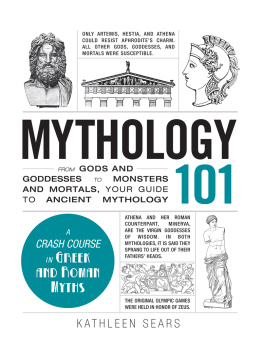
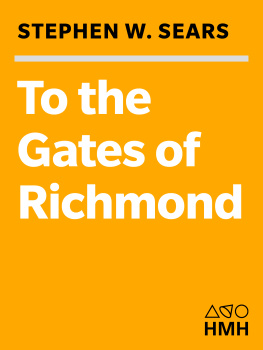

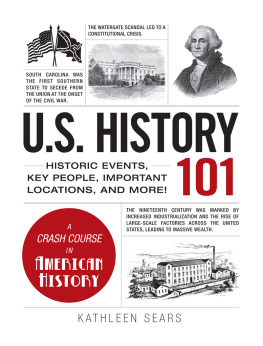
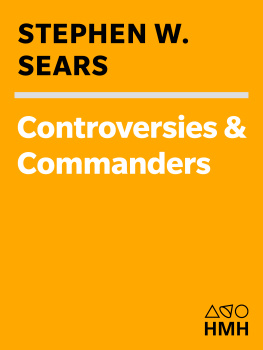


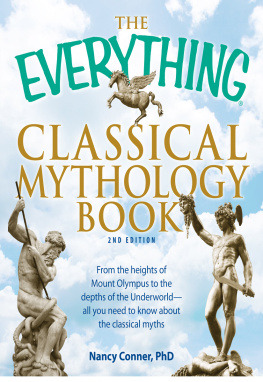
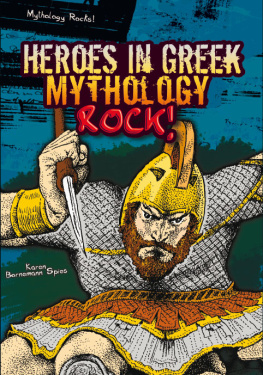



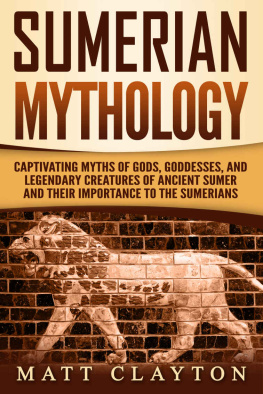
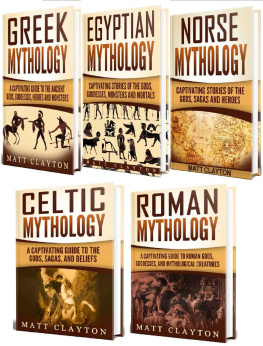
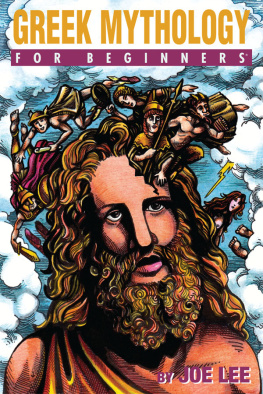
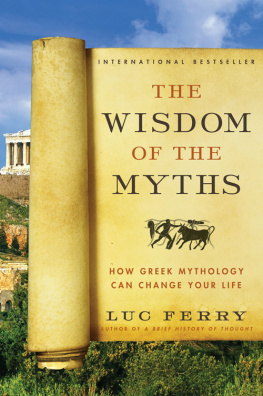


 and
and  , so youll know the exact origins of every account. In addition, youll find family trees for the Greek and Roman gods, so you can easily remember the whos who of the ancient world. No matter what type of story you enjoy mostromance, adventure, mystery, horrorthese ancient legends will have something for all your interests. Whether youre new to the gods and want to learn more about their stories, supplementing a literature or history course, or brushing up on what you learned in high school, this fun and comprehensive guide to gods is the perfect introduction to Greek and Roman mythology.
, so youll know the exact origins of every account. In addition, youll find family trees for the Greek and Roman gods, so you can easily remember the whos who of the ancient world. No matter what type of story you enjoy mostromance, adventure, mystery, horrorthese ancient legends will have something for all your interests. Whether youre new to the gods and want to learn more about their stories, supplementing a literature or history course, or brushing up on what you learned in high school, this fun and comprehensive guide to gods is the perfect introduction to Greek and Roman mythology.